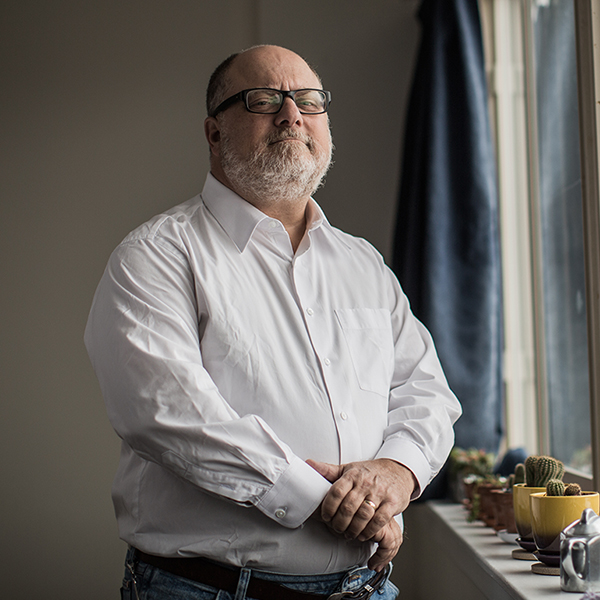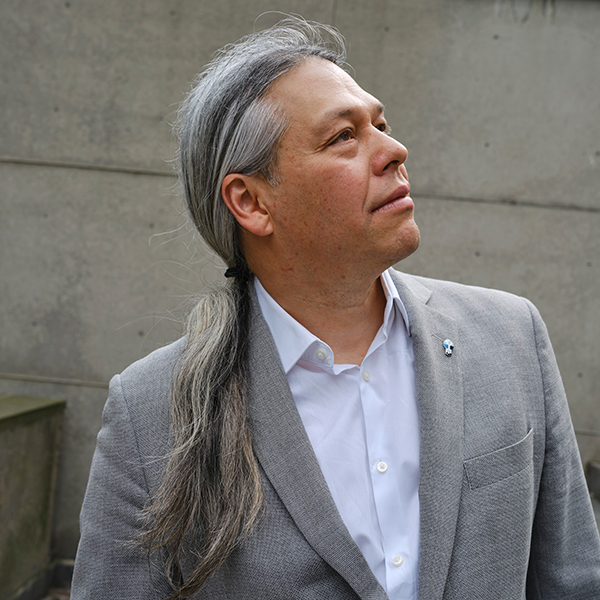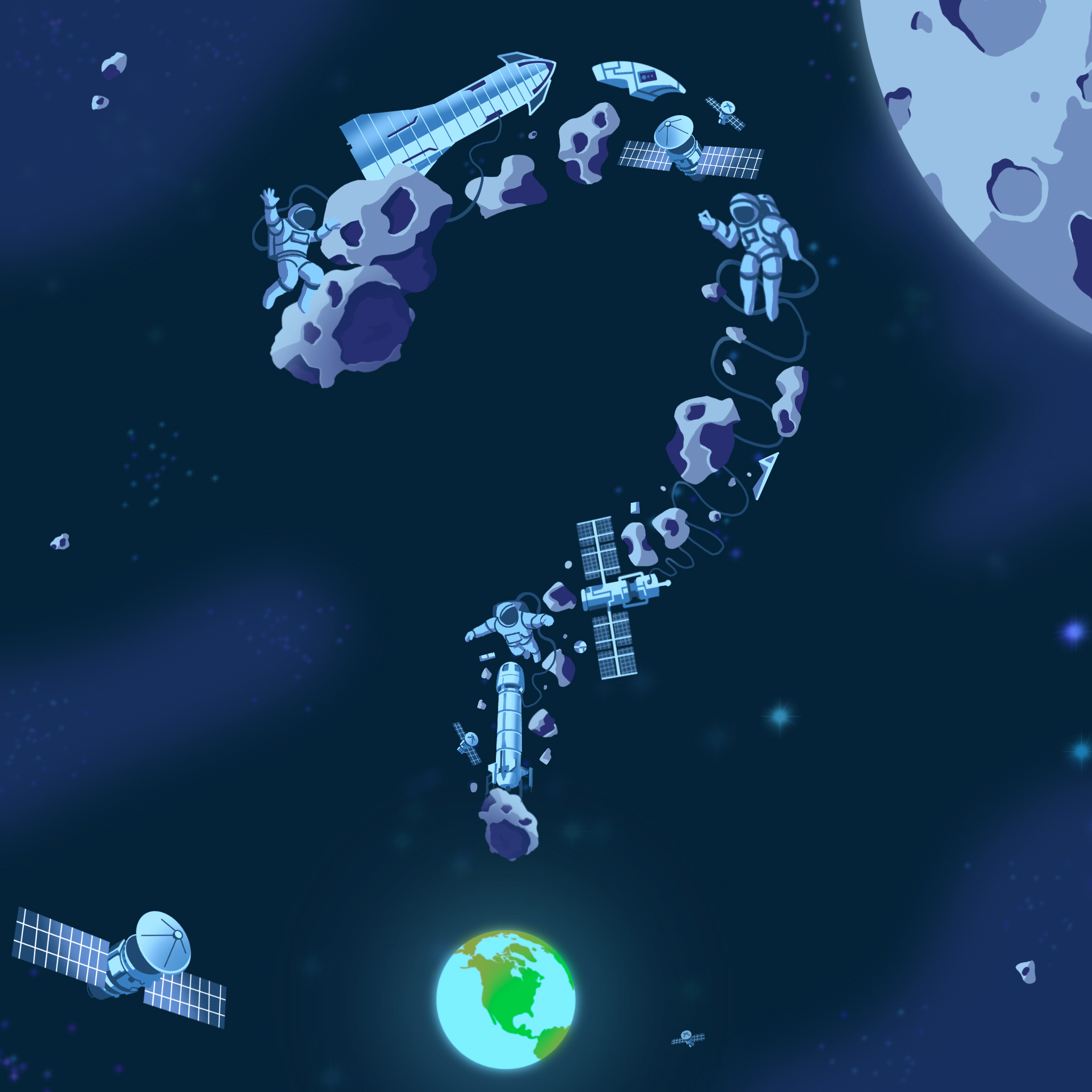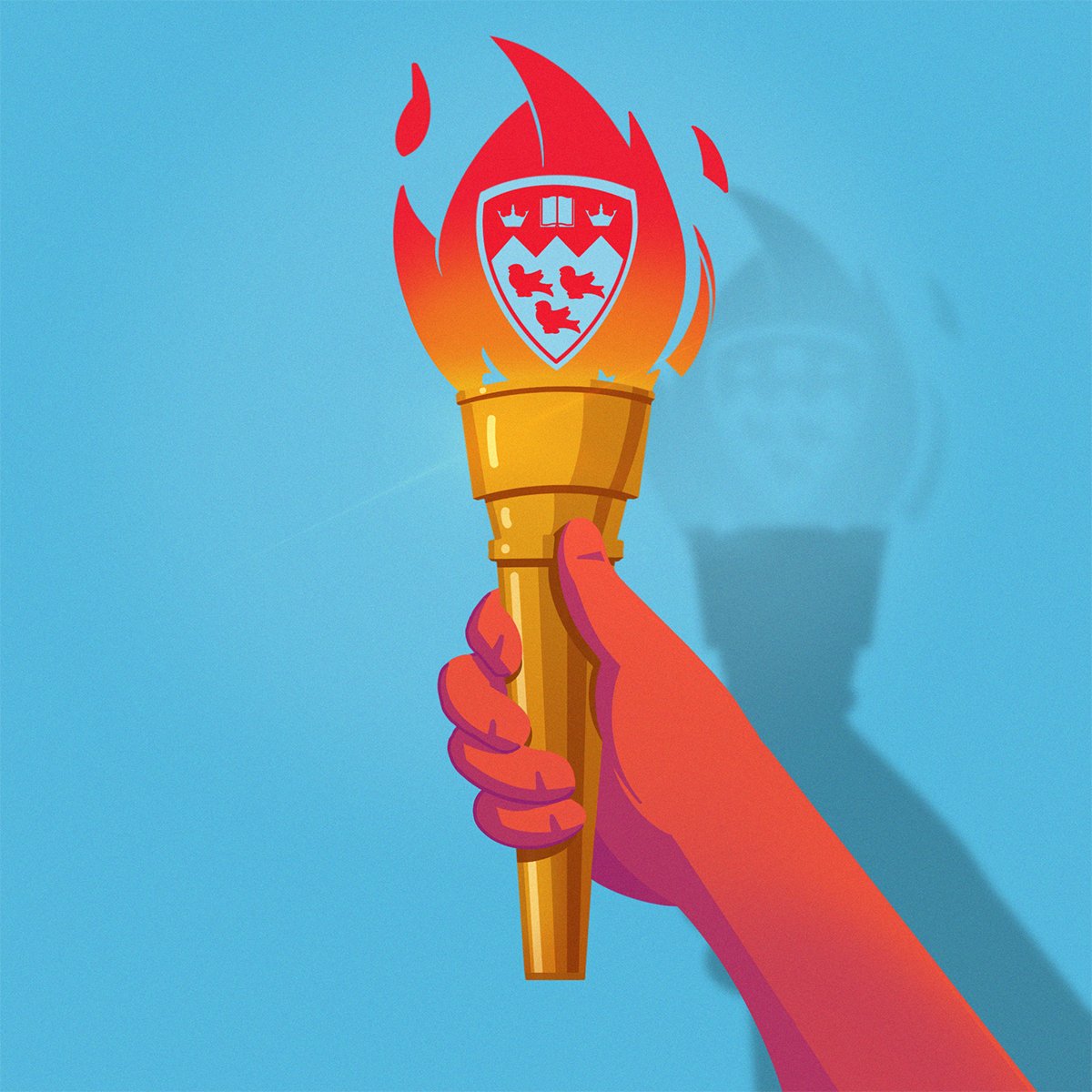For more than two decades, Adam Kahane, BSc’82, has played a major behind-the-scenes role helping cut through the Gordian knots of seemingly intractable conflicts around the world.
He has sat down with right-wing paramilitary commanders and Marxist rebels – among other key participants – in a ground-breaking project to map out future scenarios for the conflict-weary country of Colombia. Colombian president Juan Manuel Santos, who won the Nobel Peace Prize last year for his efforts to end the country’s 52-year civil war, cited the meeting that led to the project – dubbed Destino Colombia – as “one of the most significant events in the country’s search for peace.”
In South Africa, Kahane acted as a facilitator on what became known as the Mont Fleur Scenario Exercise: a project to help shape the country’s transition from the apartheid era to a new democratic political order. Nelson Mandela made a point of mentioning Kahane’s leadership role to Santos.
Clearly, the Montreal-born Kahane – a director at Reos Partners, a global consulting organization that tackles “intractable challenges” – relishes the toughest of assignments. But don’t call the 56-year-old a deal-maker.
“I would describe myself as somebody who helps people work through tough situations. I’m not somebody who helps people make a deal,” he says.
Bringing about lasting, meaningful change among groups and individuals who are stuck in their respective ways and strongly held positions means confronting harsh truths, and one of them is the very real possibility that you won’t come up with the grand resolution that satisfies everybody and makes all the bad go away, Kahane explains.
Indeed, the title of his new book (available in June) doesn’t mince words: Collaborating with the Enemy: How to Work with People You Don’t Agree with or Like or Trust.
Kahane says his approach to conflict resolution – relying on narrative and storytelling techniques that encourage participants to collaborate on future-oriented scenarios rather than just showing up with a list of demands – arises in part from having grown up in a pluralistic, tolerant country like Canada.
“This thing that I’ve been able to do all over the world which I always imagined to be just my personal gift is in some way a reflection of the place I’m from.”
He studied theoretical physics as an undergraduate at McGill – “I was a nerdy guy. I liked math and science. Basically, I was a real know-it-all” – but gradually shifted his attention to the social and economic spheres, doing a master’s degree in energy and resource economics at the University of California, Berkeley.
Kahane first used his scenario planning approach at oil-and-gas giant Royal Dutch Shell in London in the late eighties as the head of its social, political, economic and technological studies unit.
A few years later, he was invited to South Africa to help lead the post-apartheid workshops and ended up moving there and starting up a consultancy. It was, he once said, a pivot “from a life of observation to one of engagement.”
South Africa changed his life in other ways too. Kahane now divides his time between Montreal and Cape Town; his wife Dorothy, a former anti-apartheid activist, is South African.
Over the years, he has grappled with a wide range of difficult issues, including the health of aboriginal communities in Canada, global climate change, child malnutrition in India, judicial reform in Argentina, and contested elections in the Philippines.
“His listening skills are amazing,” says Manuel José Carvajal, a former businessman in Colombia who worked with Kahane 20 years ago on Destino Colombia and who today still marvels at “the bonds or lines of communication that opened between people who, before this workshop, were declared enemies.”
Through it all, Kahane retains a healthy sense of humour. “He’s so good at making fun of himself,” says Colleen Magner, a Reos colleague in South Africa.
And there is his fine-tuned sense of when to change course during discussions if need be.
“He’s quite willing to be shown what it is that he can’t see,” says Ian Prinsloo, a senior consultant at Reos in Toronto. “He doesn’t put himself forward as a great wise person you should listen to.”
The current climate of polarization, nationalism and anti-immigrant sentiment in many parts of the world worries Kahane. “What I observe is that polarization is increasing almost everywhere. Meaning, ‘I’m right, you’re wrong, I’m good, you’re bad. It has to be my way.’ And that polarization – or even demonization, it’s not just that ‘you’re wrong’ but ‘you’re the devil’ – that phenomena is increasing and that’s dangerous because out of that will [come] death and destruction.
“There’s a role we can play in the world by taking a stand for pluralism and that’s really the essence of what my work has been about.”



